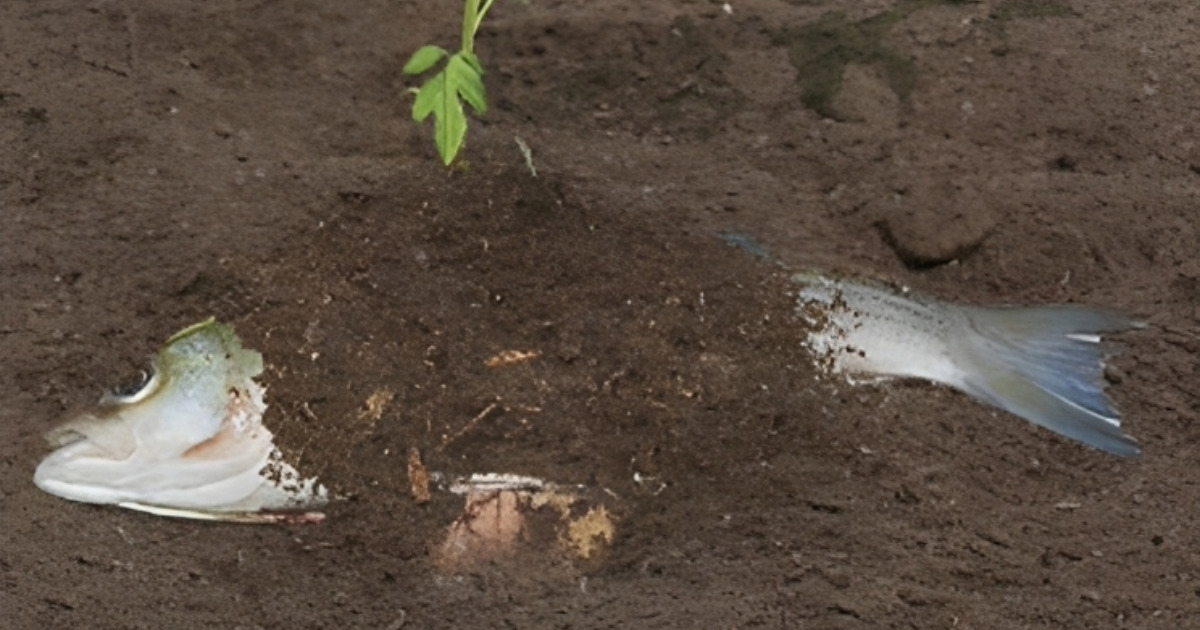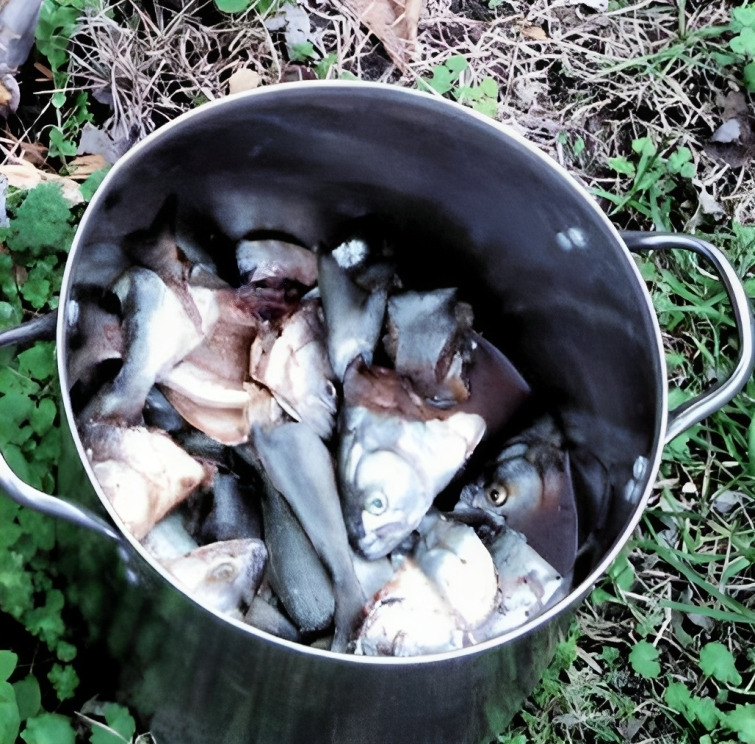Four Effective Ways to Utilize Fish Scraps for Natural Garden Fertilization

source: FB / Plants and gardening
Using fish scraps as a garden fertilizer may not have the most pleasant smell, but it comes with several advantages, including enriching the soil with valuable organic matter as the fish decompose, supplying essential nutrients like nitrogen, and reducing waste. However, there are potential downsides to consider, such as the risk of pathogens and attracting unwanted garden visitors. Despite these challenges, incorporating fish scraps into your garden can be a sustainable and resourceful way to enhance its fertility. In this article, we will explore four effective methods for safely and successfully using fish scraps in your garden.
What Fish Scraps Offer Your Garden Fish scraps have been a part of gardening practices for centuries, offering numerous benefits for soil and plant growth. However, they require careful handling to mitigate potential risks. Here are the advantages and disadvantages of using fish scraps in your home garden:
Advantages
- Soil Enrichment: As fish scraps break down, they improve the soil by adding valuable organic material.
- Nitrogen Boost: Decomposing fish provides essential nitrogen for healthy plant growth, typically at a rate of 4-1-1 (N-P-K), contributing to the soil’s nutrient balance.
- Additional Nutrients: Fish scraps also contain other nutrients such as iron, zinc, calcium, and potassium, which can enhance soil fertility, although they may not always be immediately available to plants.
- Waste Reduction: Using fish scraps in your garden diverts them from landfills, promoting an eco-friendly approach to waste management.

Disadvantages of Fish Scraps
While fish scraps have their merits, there are certain dangers associated with their use:
- Pathogens: Raw fish may carry harmful bacteria that could persist in the soil and potentially contaminate crops.
- Parasites: Raw fish can also harbor parasites that may infect the soil and future crops.
- Attracting Pests: The strong odor of decomposing fish can draw various animals, including raccoons, possums, and even household pets, posing health and safety hazards.
- Heavy Metals: Fish may contain heavy metals like mercury, which cannot be removed through decomposition and may find their way into your garden and food supply.
Obtaining Fish Scraps If you’re considering using fish scraps in your garden, it’s crucial to carefully consider their source. Acquiring fish from sustainable, ethical, and safe sources is essential. Avoid using the entire fish and instead focus on inedible parts like the head, bones, organs, and feces. Using fish scraps responsibly helps prevent soil and groundwater pollution and reduces environmental concerns associated with large-scale aquaculture.
Is Commercial Fish Fertilizer a Better Option? While using your own fish scraps poses health risks, commercially available fish fertilizers have undergone processing to remove pathogens. These fertilizers come in various forms, such as fish meal, fish emulsions, and fish hydrolysate, each with its own advantages and environmental concerns.

Methods for Using Fish Scraps in Your Garden If you’re willing to try using fish scraps in your garden, here are four common and effective methods:
- Bury Fish Scraps Under Plants:
- Select suitable plant types, such as fruit-bearing crops.
- Bury fish scraps at a minimum depth of 12 to 24 inches to control odors and deter animals.
- Fish scraps decompose relatively quickly, providing benefits to your plants.
- Blended Fish Scraps:
- Blending fish scraps with water generates a strong odor, making it less favorable.
- Incorporating the blend into the soil may not entirely eliminate the smell or keep pests away.
- Make Your Own Fish Emulsion:
- Create a liquid, nutrient-rich fertilizer using fish scraps, sawdust, molasses, and water.
- Dilute and apply the fish emulsion to individual plants for quick-acting nutrients.
- Composting Fish Scraps:
- Composting fish scraps can introduce pests and pathogens, so practice careful odor and pest control.
- Heat the compost pile to at least 145°F to eliminate pathogens and repeat this process for safety.
- Note that composting fish scraps doesn’t significantly alter the nutrient composition of the finished compost.

The choice of method for using fish scraps in your garden depends on your specific gardening goals and how you handle potential drawbacks, such as odor and pest attraction. Each method has its merits and challenges, so select the most suitable approach based on your garden’s needs and your willingness to manage associated risks.
The use of animal products in gardening remains a debated topic, as does the safety of using raw fish for gardening purposes. Whether you decide to use fish scraps or explore alternative options, always exercise caution and discretion when amending your soil. A well-maintained garden will reward you with beautiful flowers and a bountiful harvest, regardless of your chosen fertilization method.